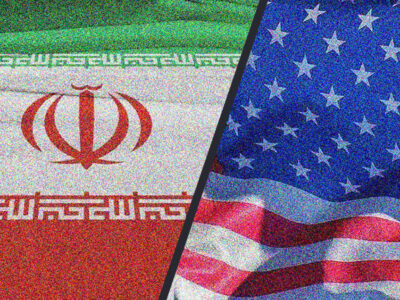Payam Javan: Jimmy Carter, the 39th President of the United States and a global advocate for peace and human rights, passed away at his home in Plains, Georgia, at the age of 100. His family and the Carter Center confirmed the news on Sunday, expressing gratitude for his life dedicated to service. Carter, remembered as the longest-lived U.S. president, was celebrated by his son Chip Carter, who described him as a hero embodying peace, human rights, and selfless love. Reactions to his passing included tributes from political figures such as President-elect Donald Trump and former President Bill Clinton, highlighting Carter’s contributions during his presidency and beyond.
Carter’s presidency from 1977 to 1981 came during a period of economic and international challenges, including the Iran hostage crisis. Despite serving only one term, he left a lasting impact on U.S. politics and the world, focusing on human rights and diplomatic conflict resolution. After leaving the White House, Carter dedicated himself to humanitarian efforts, notably through Habitat for Humanity and his global advocacy for democracy and development. In 2002, he was awarded the Nobel Peace Prize for decades of promoting peaceful solutions to international conflicts and advancing human rights.
Born on October 1, 1924, in Plains, Georgia, Carter’s journey from a small farming community to the presidency was marked by dedication and resilience. After serving in the Navy and managing his family’s farming business, he entered politics, becoming Georgia’s governor in 1971 and later the Democratic presidential nominee in 1976. Throughout his life, Carter emphasized unity and the strength of shared humanity, leaving behind a legacy of compassion, public service, and a commitment to building a better world.









